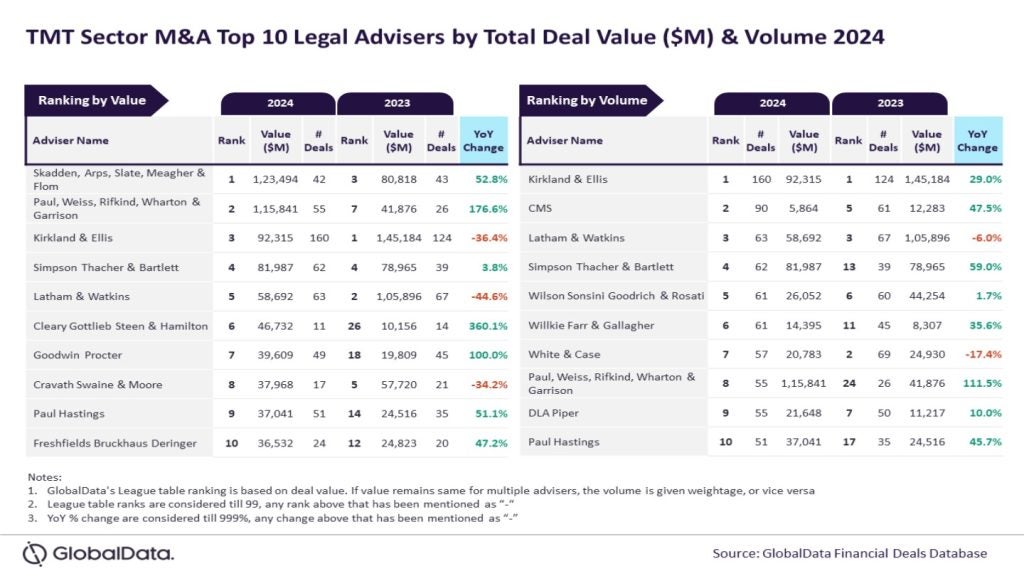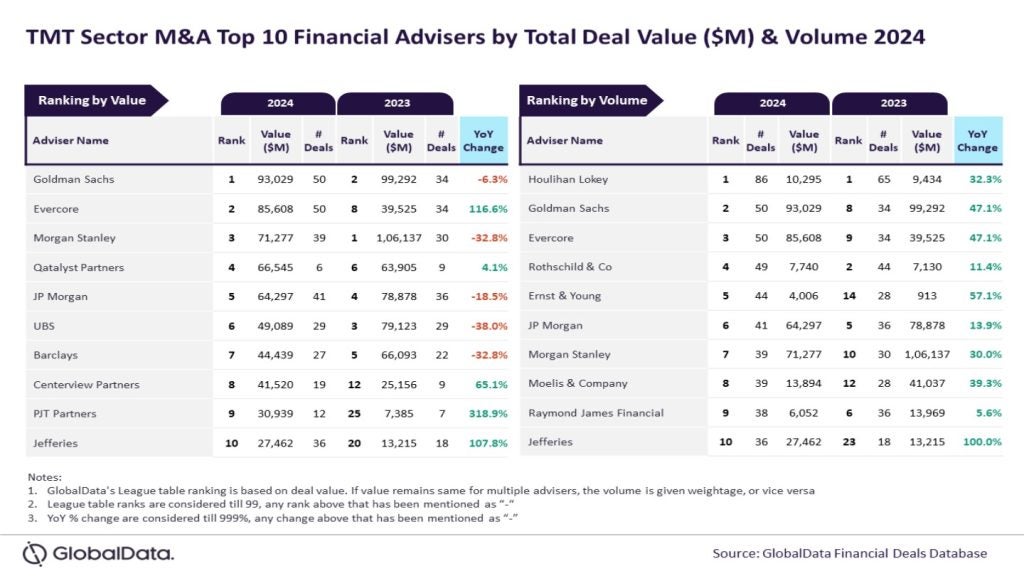The popularity of music events and festivals is increasing globally and opportunities exist not just in hosting events, but in incorporating them into national tourism strategies.
Music tourism – traveling to a city or country to watch a music performance or go to a festival – emerged in the West. Some of the most prominent festivals are the Glastonbury in the UK, Coachella in California and Tomorrowland in Belgium.
However, the trend is gradually spreading globally. Some tourist players have long been benefiting from music tourism.
For instance, STA Travel, an agency with a key focus on younger travellers, has a unique product section on travelling for musical events.
Lately, the agency introduced two more niche offerings; STA Travel Sounds and STA Travel Beats.
The former promotes less-known and unsigned artists, allowing travellers to meet them in their local neighbourhoods, bars and streets and enjoy a more authentic musical experience. STA Travel Beats provides access to more exclusive musical events.
How well do you really know your competitors?
Access the most comprehensive Company Profiles on the market, powered by GlobalData. Save hours of research. Gain competitive edge.

Thank you!
Your download email will arrive shortly
Not ready to buy yet? Download a free sample
We are confident about the unique quality of our Company Profiles. However, we want you to make the most beneficial decision for your business, so we offer a free sample that you can download by submitting the below form
By GlobalDataSimilarly, Unity Travel, self-styled as a festival travel company, provides unique itineraries to festivals across Canada and the US.
Besides individual businesses, music tourism presents a great opportunity for cities and countries and ultimately their economies.
According to Ibis World, the US concert and event industry is forecast to generate $28bn in revenue in the US this year.
Whereas the sales of recorded music have been hit hard due to the rise of music streaming services, music events and festivals have seen substantial growth in recent years, as consumers shift to experiential purchasing.
Music festivals are thus seen as a way to boost revenues and generate employment, while indirectly marketing a destination. Tourism boards and cities should capitalize on this growing trend by fostering partnerships both with players in the music and travel industry.
Whereas the hype surrounding music events is predominantly found in Europe and the US, the phenomenon is spreading to the rest of the world, with India showing a strong interest in music festivals for example.
Tourism analysts in the country are even suggesting that music tourism is going to be the most influential trend in the industry for 2018.
Such events allow Indian artists to showcase their work, but most importantly they generate employment and act as a unique tourist attraction.
Many international tourists visiting India – in particular, millennials – are keen to explore its unique culture by undertaking authentic experiences; music tourism is an ideal way to attract such travellers.
As Varun Gupta, CEO of Goomo, said:
A number of events boasting famous international artists have debuted in India over the past few years, producing a year-long packed schedule of music festivals across the country.
With more and more state governments looking to boost tourism through musical and cultural events, we have witnessed people from all over the country travelling to various places just to attend these festivals and enjoy the local music, art and culture.
Many Europeans and Americans tend to travel to a foreign country solely for attending music events – this underlines the untapped potential for the tourism sector.
If music and tourist businesses work together, they could introduce special offerings, aiming to lure tourists to extend their trips while allowing them to combine music festivals with other leisure activities.
Contrarily, few people would travel to distant destinations such as India only to go to a music event.
However, given that the majority of travellers visiting India are willing to explore its deep culture, itineraries including music festivals could be seen as highly attractive among tourists looking for traditional, local experiences.
The thriving live music live is a great opportunity for global tourism.
Players in both industries should intensify cooperation and work strategically to develop products that would satisfy both music lovers and experiential travellers, while bringing valuable benefits to businesses and destinations.







